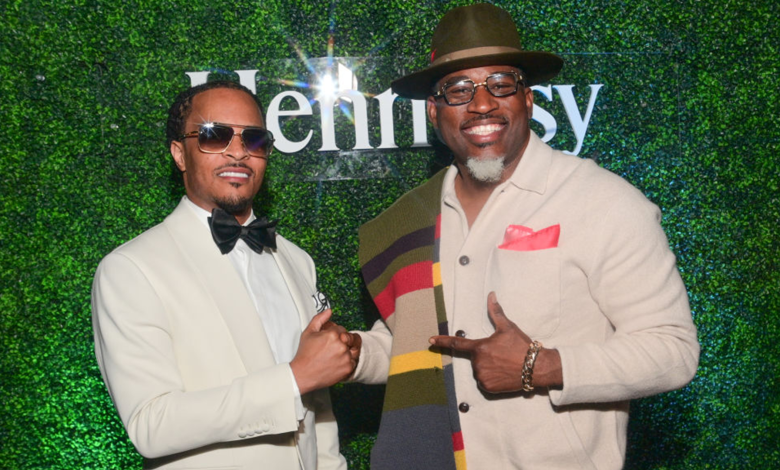David Banner Credits T.I. For Making It Possible For Him To Become A Multi-Million-Dollar Producer


David Banner is thanking T.I. for making it possible for him to have a lucrative career as a producer.
On the “Club Shay Shay,” podcast, Banner reveals how important a tag in a song is for producers to ensure they receive full recognition. He also claims he is one of the first rappers to put his name before a beat in contemporary Rap and says the decision was inspired by Jay-Z, who would shout out producers on his songs.
Banner also notes that while his producer tags were on his beats, radio stations used to remove them for airplay. It wasn’t until T.I.’s song “Rubber Band Man,” which Banner produced, that stations began leaving the tag in. This shift only happened because T.I. insisted on keeping it, he says. That persistence has played a part in Banner’s reported $12 million net worth.
“What people don’t know is that I produced ‘Thug Holiday’ for Trick Daddy — but nobody knew who David Banner was at the time. So I wasn’t able to take advantage. I wasn’t even in the video. But T.I. is the person who allowed me to be a million-dollar producer,” Banner explained on “Club Shay Shay.” “‘Rubber Band Man’ changed the texture. He’s also, and people won’t admit this, the reason why producers can put their tags on their beat on the radio cause my tag was on my beats way before ‘Rubber Band Man,’ but the radio stations would shave it off,” Banner explained. “T.I. called [the stations] and said, ‘Don’t touch my music, that boy worked hard.’”




